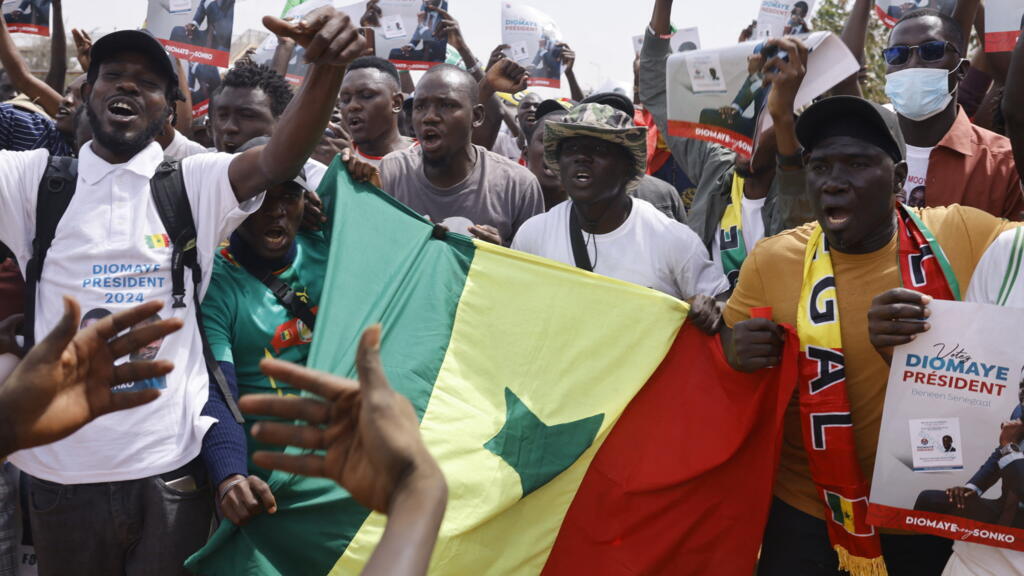
In Senegal, the unveiling of the National Recovery Plan by President Bassirou Diomaye Faye has brought to light a startling financial scandal involving billions in public funds spent on rent for a government-owned building.
The revelation, which has triggered public outrage and confusion, centers around an eight-story structure initially rented in 2016 to house the High Council of Territorial Communities (HCCT).
According to official disclosures, the building was leased at 40 million FCFA per month before being purchased outright by the state in 2018 for 14.4 billion FCFA, with the total cost rising to 20 billion FCFA after taxes. Despite the transaction being finalized, rental payments reportedly continued unabated for nearly six years, costing the public treasury an additional 2.8 billion FCFA between July 2018 and May 2024.
Observers have questioned how such an anomaly could persist unnoticed in a system equipped with internal audits and oversight mechanisms. The lack of institutional intervention has raised suspicions about inefficiency, or worse, complicity.
Amid mounting scrutiny, the Socialist Party, which led the HCCT during the period in question, has issued a firm denial of any wrongdoing. Party spokesperson Abdoulaye Vilane dismissed allegations of involvement, stating, “The socialist leaders have never had control over the real estate operations undertaken by the State.”
Vilane emphasized that real estate affairs fall under the jurisdiction of the State Built Heritage Agency, which reports directly to the presidency and the Ministry of Finance. He added that the PS had neither the authority nor involvement in decisions regarding the purchase or continued rental of the property.
His statement, released on 1 August, also warned against what he called a “trial of intent disconnected from administrative realities,” urging the public not to confuse institutional roles.
However, critics argue that the case exemplifies the broader issue of opacity in state property management. The ongoing uncertainty about who authorized continued payments, who received them, and why contractual terms were not revised post-purchase reflects systemic dysfunction.
Beyond political rebuttals, Senegalese citizens are demanding accountability. Key questions remain unanswered: Who benefited from the payments after the building was acquired? Why was the lease not immediately terminated? And how did such a significant oversight go unchallenged for years?
As pressure mounts, the scandal threatens to undermine public confidence in state financial governance—unless authorities deliver clear, transparent answers.



